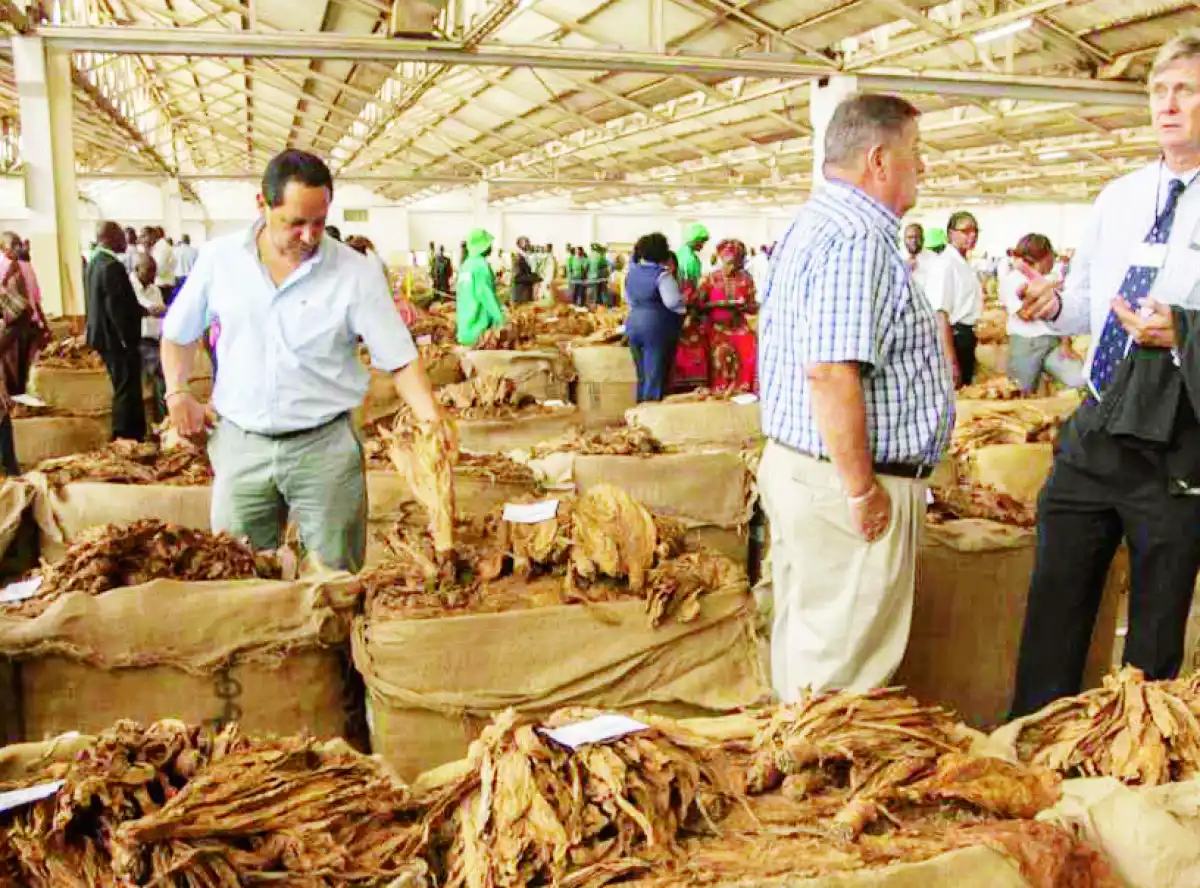
Through Malawi 2063 (MW2063), the country’s long-term development strategy, Malawi is striving to become a lower middle-income economy by 2030, that is six years from now.
Further, Malawi seeks to be an upper middle-income country by 2063.
To achieve these aspirations, Malawi needs to ensure a sustained annual economic growth rate of at least six percent. It is not a tall order, I must say, if the country can holistically invest in productive sectors and ensure efficient use of the generated resources.
In recent years, climate-induced shocks have been a major draw back against economic growth. The gains that have taken years to consolidate have been washed away in minutes, taking the country back to square one to start rebuilding.
Besides weather shocks, the ever-rising public debt is another major impediment to economic growth as colossal resources are being channelled towards servicing the debts at the expense of productive sectors.
If sentiments by the International Monetary Fund (IMF) are anything to go by, Malawi is not doing well in terms of managing its debt situation. During an IMF African Department virtual press conference on Friday, the department’s director Abebe Aemro Selassie said official creditors recently provided financing assurances, but Malawi’s other creditors are yet to reciprocate.
Published data shows that between 2023 and 2029, Malawi will have paid 67 percent of external sovereign debt servicing to Multilateral Development Banks (MDBs).
Debt restructuring does come easy. It is painful to both the debtor and the creditor who risk making losses. By December 2023, Malawi’s total external public debt stood at K6.62 trillion, out of which K4.4 trillion is owed to multilateral creditors. The World Bank is the country’s largest creditor with K2.2 trillion or 33 percent of total external public debt.
On the other hand, MDBs account for a third of the debt with K1.7 trillion portfolio for the African Export-Import Bank (Afreximbank) and Trade and Development Bank and K742 billion owed to bilateral creditors, mostly in China and Saudi Arabia.
Ministry of Finance and Economic Affairs says there is progress on debt restructuring negotiations.
Borrowing is considered sustainable where the borrower is able to settle the debt within the agreed period without being driven into liquidation and utter ruin. Many times borrowing is also driven by living beyond one’s means which leads to spending beyond earnings. But in Malawi’s case, the debt levels cannot be said to be sustainable.
Faced with a heavy debt burden, in 2021 the Malawi Government devised a plan to establish a Debt Retirement Fund as a special vehicle to mobilise resources for servicing debt using new sources, including proposed levies on alcohol and cigarettes.
For a country choked with debts against fewer resources to service the same, this was seen as a brilliant idea to create some fiscal space while ensuring that the little resources in the national budget are channelled to the starved social sectors to improve people’s welfare and contribute to economic growth. Expectations were high and there appeared to be some good progress as the legislation to facilitate the establishment of the fund was embedded into the Public Finance Management Act through an amendment which Parliament passed in the 2021/22 financial year and signed into law by President Lazarus Chakwera.
The slow progress in the establishment of the fund mirrors the manner the Malawi Government generally conducts its business. There is usually more talk or road-shows by officials obsessed with high definition (HD) photographs during launches of initiatives than the actual action to deliver a product.
Fiscal discipline will be critical to managing and reducing high levels of borrowing to maintain fiscal and debt sustainability as well as stimulate economic growth. Weak governance, especially in the public finance management system, and corruption are other areas of concern.
In whatever we do today, our generation should strive to avoid running the risk of mortgaging this country and its future generations to shylocks who will one day demand their pound of flesh.
To achieve growth, the appetite for borrowing should be tamed or else recovery will remain a pipedream.








0 Comments